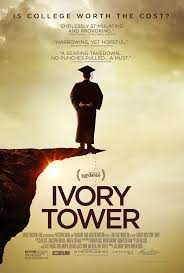Once again, it is a great honor for me to speak to my fathers and brothers about this journey called manhood. By inviting a woman to speak, you are proving the African proverb says “if you want to walk fast, walk alone; if you want to walk far, walk with others.” Great manhood is the one walked with others – with God, with our wives and families, and with society.
But we all know that since we were last together, we Kenyans have voted to walk alone as tribes. We decided that what mattered are our personal interests, or the interests of our ethnic group; not the interests of our children, our neighbors, our workmates, or of future generations. We did not vote for the dream that Muoki Mbunga so beautifully expressed not only for his children, but also for his neighbor's children. We did not vote as fathers and mothers and sisters and brothers of everyone - as our African culture tells us to - we voted as family of a few.
But I would like to believe that Kenyans did not vote out of malice. We voted with great love for our country. We queued in the hot sun for hours, and we have all decided that peace in Kenya is more important than anything else. So how can there be such a contradiction? How come that love did not translate into our choice of leaders?



 RSS Feed
RSS Feed
